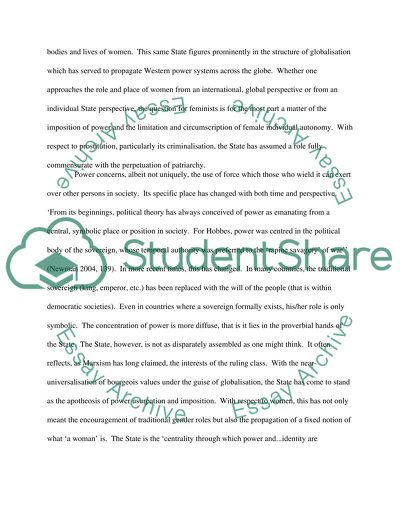Cite this document
(“Legal Theory Essay Example | Topics and Well Written Essays - 1000 words”, n.d.)
Legal Theory Essay Example | Topics and Well Written Essays - 1000 words. Retrieved from https://studentshare.org/miscellaneous/1565601-legal-theory
Legal Theory Essay Example | Topics and Well Written Essays - 1000 words. Retrieved from https://studentshare.org/miscellaneous/1565601-legal-theory
(Legal Theory Essay Example | Topics and Well Written Essays - 1000 Words)
Legal Theory Essay Example | Topics and Well Written Essays - 1000 Words. https://studentshare.org/miscellaneous/1565601-legal-theory.
Legal Theory Essay Example | Topics and Well Written Essays - 1000 Words. https://studentshare.org/miscellaneous/1565601-legal-theory.
“Legal Theory Essay Example | Topics and Well Written Essays - 1000 Words”, n.d. https://studentshare.org/miscellaneous/1565601-legal-theory.


